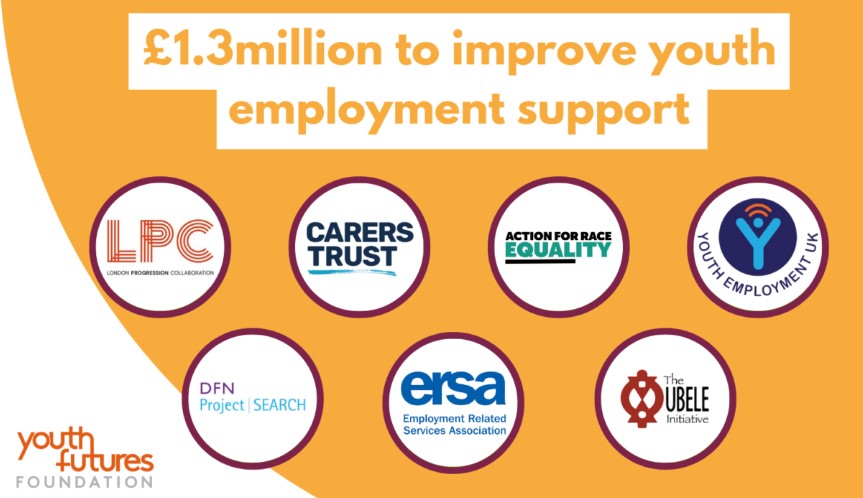Fundraisers need to improve their understanding of ethnic minorities’ propensity to give and not assume they do not want to engage with charities, a charity researcher is warning.
NfPResearch’s head of public research Bijal Rama said that “the view that ethnic minorities are not engaged with charities is a myth”.
She is concerned that “these days it is hard to come across a charity that isn’t interested in being more inclusive, equitable and diverse. But to me it still doesn’t feel like reaching minority communities as supporters is a priority in the sector”.
She warned that this may be because of a view among charities that minority communities “are harder to reach and less likely to engage”.
Rama has delivered the warning to the charity sector in a blog that highlights her perspective of giving as a charity researcher and as a second-generation British Indian (Gujarati) woman and growing up in a Hindu community in Greater Manchester.
She said that too often charities focus “on donors who we have primed over generations into behaving in the ways that suits us”.
“My community has the propensity to give, and they do give, but in the ways that they feel comfortable with,” she added.
An example she gives is that “I know people who would rather send a parcel of clothes to someone in need in India than donate it to a charity shop” adding “when I suggest free will-writing services, I am often met with hesitancy and scepticism”.
“Rather than donate to an overseas charity that supports children in poverty, they will contact a school overseas directly and pay for lunch for a day,” she said.
She warned charity fundraising teams that ethnic minorities “are donors we don’t understand, donors who don’t behave in the ways that we would like, so we dismiss them”.
Cultural appropriation
She also warned that some fundraising, such as organising versions of religious festival colour runs are “insulting and a form of cultural appropriation”
“I’m also sick of the number of times that my religious dietary requirements are not recognised on forms for sector events, and I need to squeeze a note in somewhere,” she added.
“It’s disheartening that there is such low awareness of our culture and community.
From her personal perspective she says that being involved in Girlguiding from a young age has helped her involvement in charities and giving.
She added that her family and community has been more distant from charities when she was growing up, but giving was still prevalent through their religion.
But this has begun to change in recent years, she said.
“They have started to do things like use charity services, join community groups e.g., Knit and Natter, take part in fundraisers, and set up memorial donation pages. This is great news for the sector because it means that charities are becoming more integrated into our community, “ said Rama.
Rama’s comment have been backed by campaign group CharitySoWhite as highlighting how charities perception of donors “is rooted in white supremacy” adding “POC communities are not disengaged” it is that charities “are not engaging with them”.
“The lack of diversity among donors is a problem that we have created within the sector ourselves”
— #CharitySoWhite (@CharitySoWhite) June 7, 2022
Important blog from @BijalRama on how the way that charities perceive donors is rooted in white supremacy. POC communities are not disengaged, you are not engaging with them. https://t.co/kcXJi0AT3b













Recent Stories